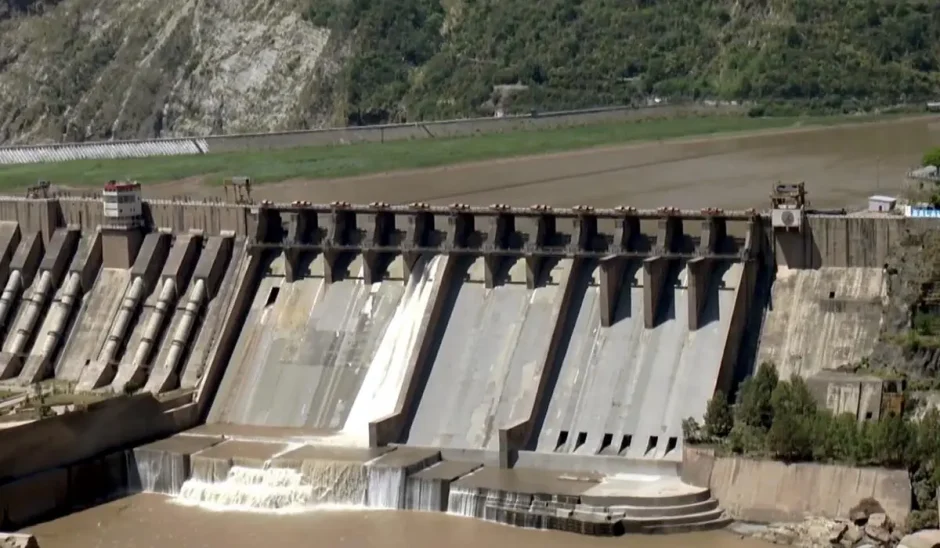ISLAMABAD – The government is pressing ahead with plans to build a new dam on the Chenab River amid rising tensions linked to the Indus Waters Treaty. However, efforts to secure funding through a proposed 1% water storage cess have been rejected by the International Monetary Fund (IMF).
The government had suggested the new levy on taxable goods, excluding medicines and electricity, to finance two major water storage projects. Officials said one of the projects includes the planned Chenab dam, which would require an estimated Rs800 billion.
The proposal was part of a broader strategy to address growing concerns over Indian control of water flows into Pakistan. But the IMF raised several objections, including legal issues, governance concerns, and budget flexibility. Instead, the global lender advised increasing the current 18% general sales tax to raise funds.
Government sources revealed that provinces were unwilling to contribute to dam construction. The federal government had asked them to finance half of the Rs716 billion Benazir Income Support Programme. In return, Rs358 billion would be freed for dam development. The proposal was declined.
Without provincial backing, the federal government hoped to keep full control of revenue through the water cess, unlike the sales tax, which is shared with provinces. However, the IMF insisted that the public sector development budget, worth Rs1 trillion, should cover these costs.
The Chenab dam IWT row has intensified after India recently suspended participation in the treaty. Pakistan views India’s upstream dam construction and water flow controls as threats to its water security.
Officials said the IMF was not comfortable giving WAPDA control over a new tax. Instead, it urged Pakistan to work within existing financial structures.
As of now, the Ministry of Finance has not commented on the matter.
Read more about how Punjab and Bangladesh aim to strengthen ties in trade, agriculture, and industry here.











